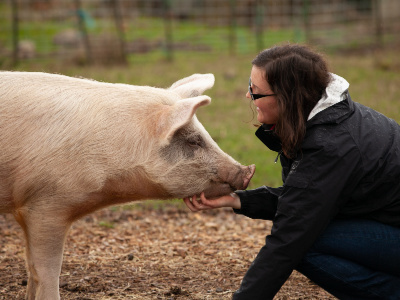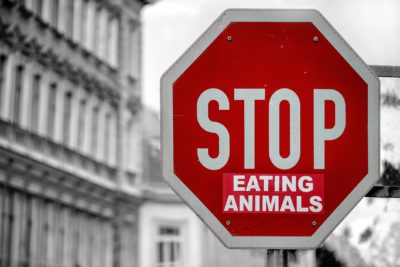Veganuary’s Kieron Casey shares his views in this opinion piece on the importance for animal agriculture to be seen for what it is: a disaster for the climate.
Extinction Rebellion (XR) faced a good deal of criticism when their climate protests brought London to a standstill earlier this month.
Ranging from complaints about disruption to cross-city commuting through to a perceived lack of awareness on racial issues and even reactionary attacks on the manner in which teenage climate activist Greta Thunberg speaks, the response has ranged from nuanced to outlandish, valid to preposterous.
One thing that cannot be disputed, however, is the positive intention of what may be the biggest civil disobedience event in modern British history.
In this spirit I should state that, whilst I am supportive of Extinction Rebellion’s goal of shaping net-zero greenhouse gas emissions by 2025, it seems to me that the protest’s targets and discussion have so far either overlooked – or deliberately ignored – a rather sizeable elephant in the room: animal agriculture.
Given its immense climate impact, why have we not seen protests outside slaughterhouses, industrial-scale farms and the Department of Environment, Food and Rural Affairs?
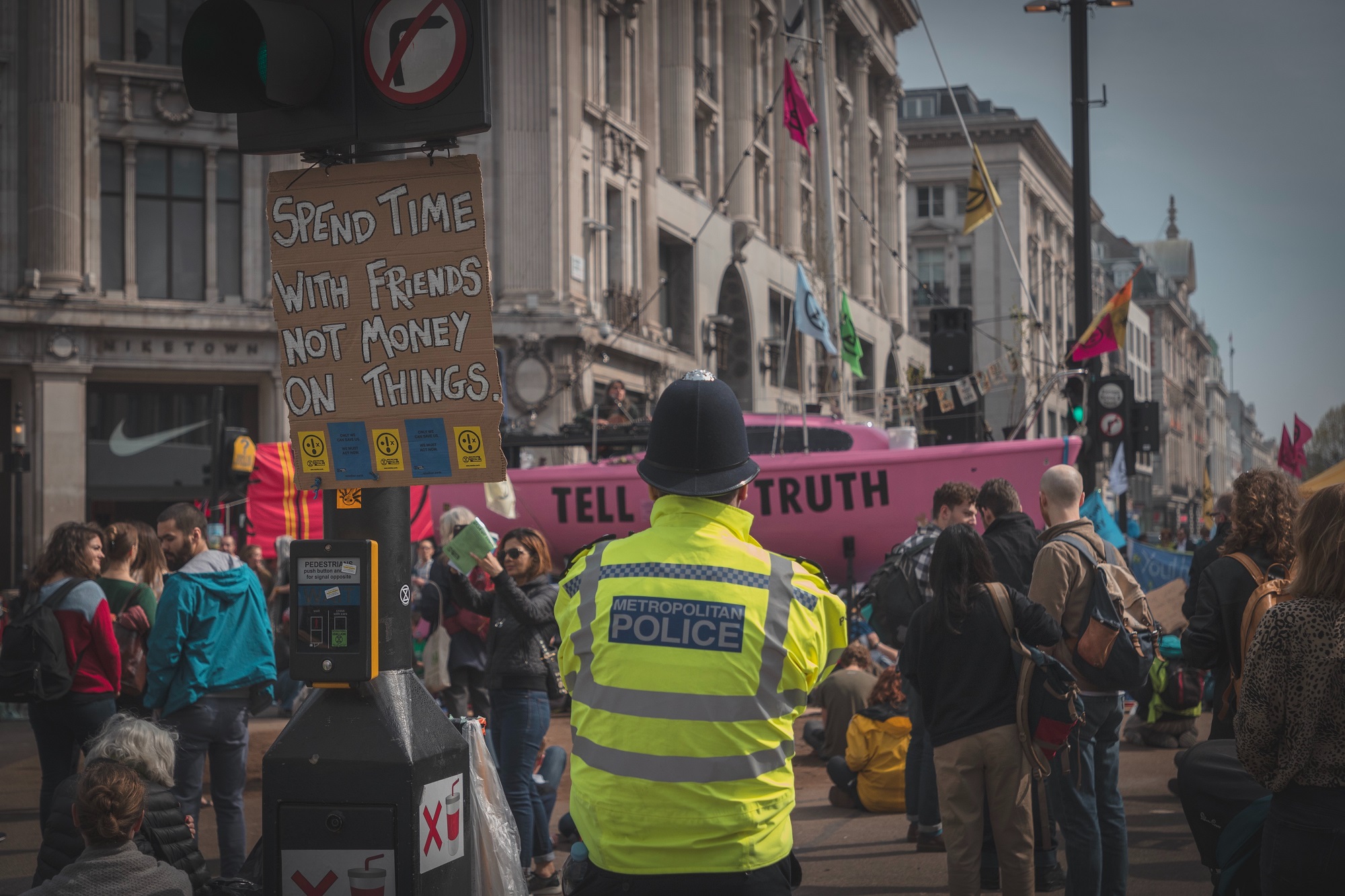
Extinction Rebellion’s actions have, to date, focused squarely on fossil fuel and transport. As a starting point this makes sense – the planet’s dependency on environmentally ruinous energy sources, particularly in the Global North, is as pernicious as it is well known in the public sphere.
Yet, very little attention has been paid by Extinction Rebellion to the damaging effects of animal farming and how that too is driving the climate breakdown we are already experiencing at an alarming rate and cost.
Animal agriculture is currently the second largest contributor to human-made greenhouse gas (GHG) emissions after fossil fuels and, according to a report by non-profit organisations the Institute for Agriculture and Trade Policy and GRAIN, is set to soon become the largest.
Even at current levels, the amount of GHG emitted by animal agriculture is “broadly equivalent to the emissions from all the fuel burned by all the world’s transport vehicles, including cars, trucks, trains, boats and airplanes.” In short, animal farming is catastrophic.
Professor Patel, of the University of Texas, notes that: “The footprint of global agriculture is vast. Industrial agriculture is absolutely responsible for driving deforestation, absolutely responsible for pushing industrial monoculture, and that means it is responsible for species loss.” Indeed, recent reports suggest that industrial agriculture has been one of the key drivers in wiping out 60% of animal species since 1970.
Further to this, animal agriculture is a notoriously poor and ineffective way of creating food for human consumption, with 83% of all farmland used to farm animals, but giving us just 18% of our calories.
If we grew crops to feed people directly, there would be an additional billion tonnes of food for people per year. In essence, we would need less land to produce more food, and this saved land could be returned to wildlife, thereby creating carbon sinks, and further helping the climate.
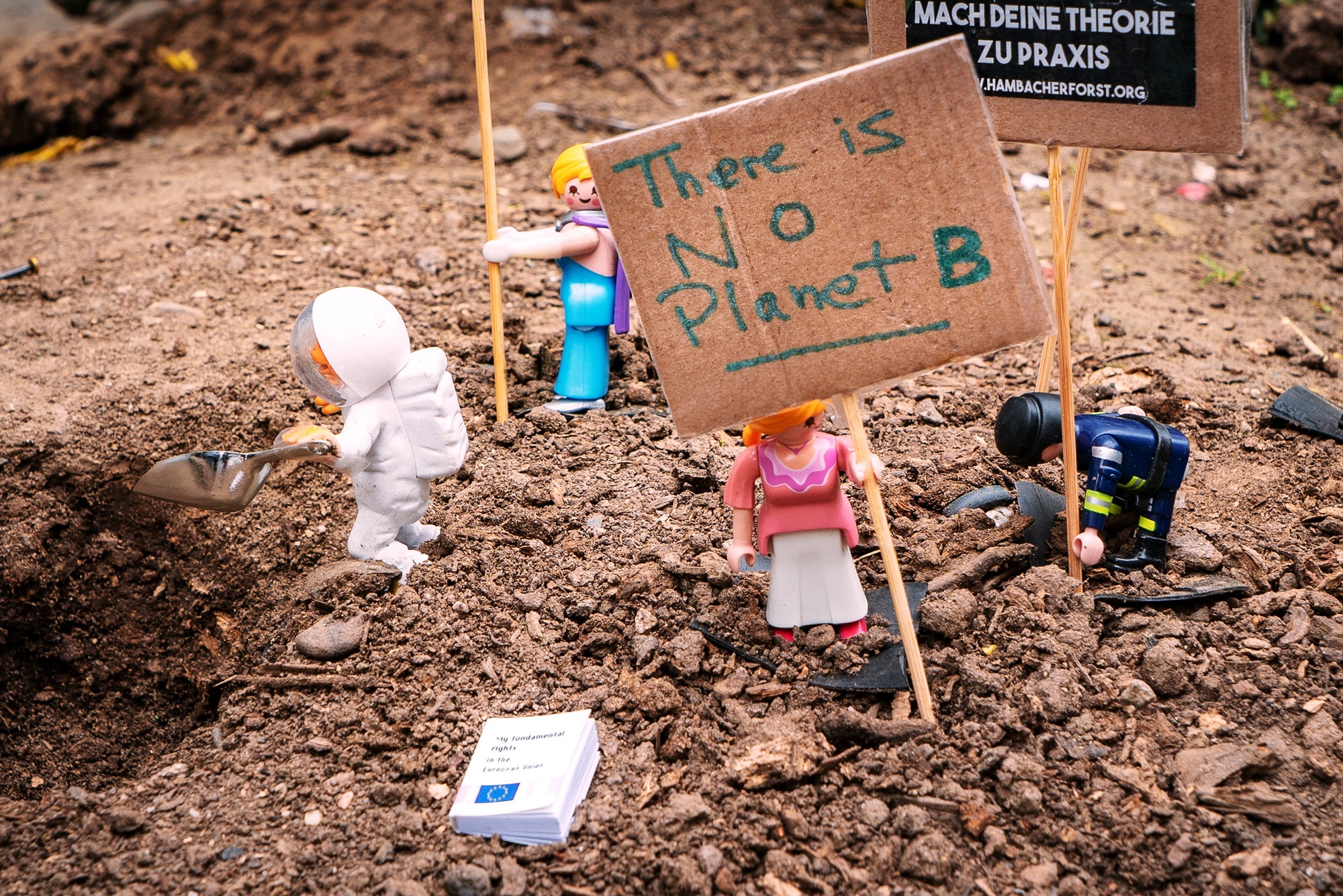
And just imagine what we might do with the subsidies that prop up this destructive industry. As Shefali Sharma, director of the Institute for Agriculture and Trade Policy, has previously stated: “It’s time we realised over-consumption is directly linked to the subsidies we provide the industry to continue deforesting [and] depleting our natural resources.”
The degree to which governments across the developed world subsidise animal agriculture is perverse. In the United States, for example, around $22.2 billion in direct and indirect subsidies were given to the dairy sector in 2015.
In the UK, intensive, industrial-scale factory farms have received tens of millions of pounds in subsidies, which have been described by Sue Hayman, the former Shadow Secretary of State for Environment, Food and Rural Affairs, as “not the way to build a thriving and sustainable food sector.” Far from subsidising these industries, we should be taxing them for the damage they do.
The campaign by Extinction Rebellion has sparked widescale debate, discussion and dialogue in and with the media. Throughout XR’s occupation of areas across London, the UK’s newspapers lit up with thought pieces and front pages focussed on climate breakdown, and this culminated in Greta Thunberg meeting the UK’s key political leaders to discuss what they could do to mitigate the forthcoming emergency.
In short, it has been a welcome success. But why their aversion to discussing the devastating role of animal agriculture in climate change? Why are they not glueing themselves to slaughterhouse doors?
Could it be that they believe eschewing meat, dairy and other animal products is a personal decision? If so, such logic would fly counter to their current actions at airports, for example, as taking long-haul holidays is also a personal decision.
Could it be that they themselves still eat animal products and – while calling on others to change – remain unwilling to take personal steps to protect the climate? We don’t know the answer.
But should XR want to push the climate dialogue further it is essential that they recognise the heavy impact animal agriculture has on the world – and consider the possibility of engaging in direct action against it.
Were they to peacefully disrupt the transport of livestock or bring slaughterhouses across the country to a pause (just as their protests in London stopped traffic), a great service would be done to public discourse and personal empowerment.
Things are now pretty desperate. We are on the cusp of climate breakdown. Yet, there are things we can each do to mitigate the impact of climate change.
Cutting down on single-use plastic or taking fewer or no flights is admirable, but addressing what we put on our plates, and choosing plant-based is – according to Oxford University research – the “single biggest way to reduce your impact on Earth”. And no wonder. One recent study has shown that removing beef from a typical American diet and replacing it with plants reduces CO2e carbon footprints by 96 percent.
Positive signs that people are willing to match their behaviours to their beliefs can be found in the latest figures from Veganuary – the charity that encourages people to try vegan in January.
In 2020, more than a 400,000 people from across the globe pledged to try vegan, and a record number said they had taken this step for environmental reasons.
Nearly one in five UK participants who switched from vegetarianism, pescetarianism or meat-eating to plant-based, cited the environment as the key reason they did so. Two-thirds of these were aged 35 or younger and we expect the overall figure to rise as more and more people realise the destructive nature of animal agriculture, and how little time we have left to make a meaningful difference.
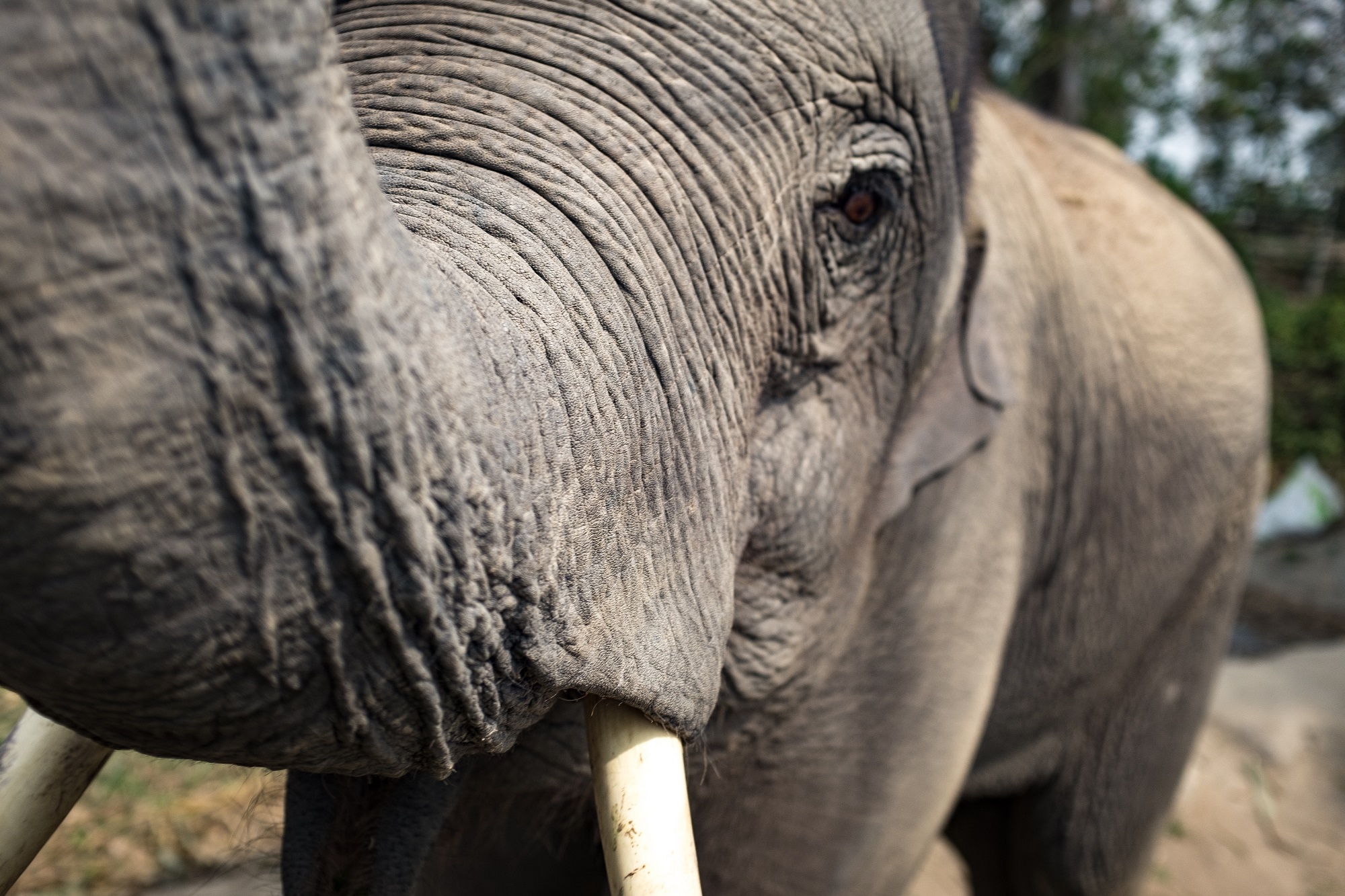
There is no doubt that animal agriculture drives deforestation and species loss. It pollutes rivers, earth, air and oceans, kills billions of sentient animals and creates a product that we do not need and that is linked to some of our biggest health problems – heart disease, diabetes and some cancers.
There is also no doubt that it drives climate change.
If Extinction Rebellion know all this, they are not yet letting on, but to tackle climate change effectively, we must do as Oxford University researcher Joseph Poore says and tackle all the industries and practices that are driving it.
Moreover, animal agriculture intersects with other justice movements in a way which justifies extensive attention – the mass slaughter and ill treatment of farmed animals means animals rights could become a key part of renewed protests, whilst the exploitation of migrants within the factory farming and slaughter industries – not to mention the food insecurity created by wasting crops on farmed animals – expands the issue to human rights, too.
The world is in broad agreement that we must make changes, quickly. With their current platform, Extinction Rebellion is in a unique position to draw attention to the damage done by animal farming.
Should it fail to do so, it will be wasting a valuable opportunity to empower individuals who might otherwise believe that all power to protect our planet rests in the hands of a set of politicians who appear unwilling to act.
The truth is we can each make a meaningful difference and we can start today by eating plant-based, which can reduce our own emissions by 30-50 per cent. We know the power of fighting climate change with diet change, and we look forward to the day that Extinction Rebellion targets the farms, slaughterhouses and governmental bodies that prop up and promote this climate-trashing industry.
If you’ve been inspired by this post to try vegan for the environment, or for the animals click on the button below – we’ll send you an eCookbook, meal plans, recipes and everything else you need to get started for free and straight to your inbox!
If you can’t wait to get started, we have lots and lots of vegan recipes for you to try now!



